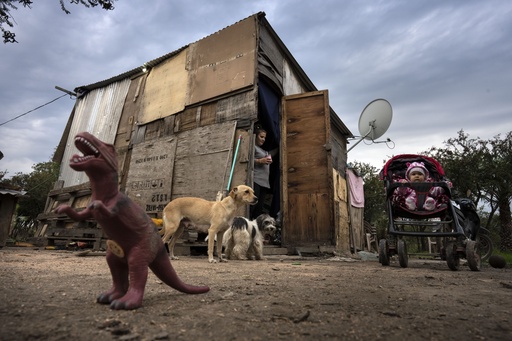In Paraguay, the Mercosur trade bloc’s recent meeting witnessed an unexpected absence with Argentine President Javier Milei skipping the summit to participate in a right-wing rally in Brazil. This absence comes as Milei advocates for Argentina to pull out of the alliance altogether, raising uncertainties about Mercosur’s future. President Santiago Peña of Paraguay, the bloc’s current chair, expressed caution about the summit’s potential outcomes.
Mercosur was established in 1991 as a breakthrough in regional trade, fostering cooperation among countries in South America. Despite initial hopes of increased trade and economic growth, the bloc has faced challenges over the years, with protectionism and political instability hindering progress. Countries within Mercosur predominantly produce similar goods, primarily agricultural, contributing to low levels of intra-bloc trade.
Brazil and Argentina, the bloc’s largest economies, have historically wielded significant influence in Mercosur, leading to concerns from smaller partners about being sidelined in decision-making processes. Recent tensions arose when Uruguay sought a separate trade agreement with China, breaching Mercosur’s founding treaty. This move led to further discord within the bloc, with Brazil contemplating a broader trade deal with China on behalf of Mercosur.
Efforts to finalize a free-trade agreement with the European Union have also faced obstacles, with concerns raised about the deal’s perceived favoritism towards Brazil. While there is some optimism about potential trade agreements with other countries like the United Arab Emirates, South Korea, and Japan, experts warn about Mercosur’s reputation for protracted negotiations.
President Milei’s decision to skip the summit, driven by his criticism of Mercosur as “defective,” has intensified internal discord within the bloc. This move challenges the traditional political dynamics within Mercosur, raising questions about the future direction of the alliance. Some members have suggested the possibility of pursuing bilateral agreements if Mercosur cannot advance collectively.
As Mercosur navigates these internal challenges, it also welcomes Bolivia as its fifth full member, signaling a potential expansion of the bloc. However, amidst these developments, the bloc continues to grapple with issues of political discord and diverging economic ideologies among its member countries.
